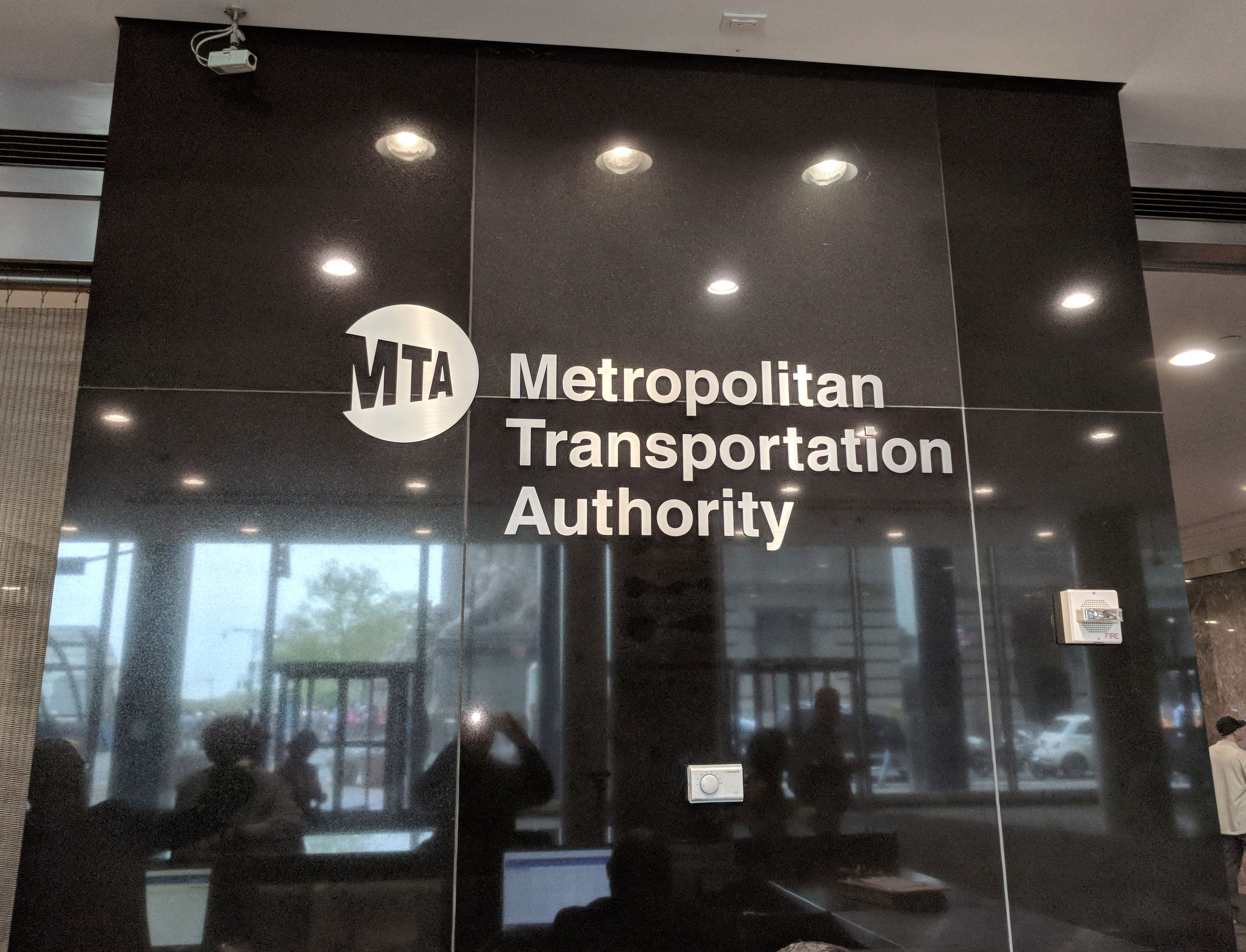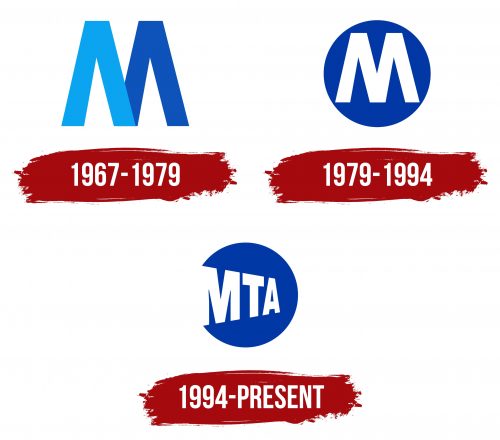Current News for the MTA: Key Updates and Developments
The Metropolitan Transportation Authority (MTA), which oversees public transportation in New York City and its surrounding areas, has been in the news recently for various developments and announcements. This report summarizes the latest updates, including service changes, funding challenges, and future plans.
Recent Press Releases
1. Service Enhancements
On August 9, 2023, the MTA announced a new phase of subway service enhancements. Starting August 12, 2023, the MTA will implement six-minute headways on the 1 and 6 subway lines during weekends. This initiative is funded by the FY 2024 New York State Budget and aims to boost ridership and customer satisfaction. The MTA is focused on improving service reliability and increasing the frequency of trains to accommodate growing demand.
2. 20-Year Expansion Plan
In a significant move, the MTA has laid out a 20-year plan to expand the NYC transit system. This ambitious vision includes addressing the needs and wants for subway and rail service improvements. However, the MTA faces a $3 billion budget shortfall by 2025, which poses a major challenge to the successful implementation of this plan. The agency is actively seeking solutions to secure funding and ensure the sustainability of its projects.
3. Congestion Pricing Update
The MTA has been navigating the complexities of congestion pricing, a strategy aimed at reducing traffic in Manhattan while generating revenue for public transit. Following a pause announced by Governor Kathy Hochul in June 2024, MTA Chair Janno Lieber discussed the agency's next steps. The delay has forced the MTA to reconsider major projects, including subway extensions and accessibility upgrades, which are crucial for improving the overall transit experience.

Recent News Highlights
4. End of Free Bus Fare Program
In a recent report by CBS News, it was highlighted that the MTA's free bus fare program has come to an end. This one-year pilot program was funded by the state budget but was discontinued due to the MTA's ongoing financial struggles. The agency has been losing millions, prompting the need for budgetary adjustments.
5. Renovation Projects
The MTA has also been focusing on renovation projects across its stations. For instance, the Canarsie-Rockaway Parkway station in Brooklyn recently underwent aesthetic and functional renovations as part of the Re-NEW-Vation Program. This initiative aims to enhance the overall experience for commuters and improve station facilities.
6. Real-Time Service Alerts
For transit riders, the MTA continues to provide real-time service alerts through its official apps and website. This feature is crucial for keeping passengers informed about service changes, delays, and other important updates that may affect their travel plans.
Challenges Ahead
The MTA is currently facing several challenges that could impact its operations and future projects:
Funding Shortfalls: The projected $3 billion budget shortfall by 2025 raises concerns about the MTA's ability to maintain and expand services. The agency is exploring various funding options, including potential federal assistance and state budget allocations.
Congestion Pricing Delays: The pause on congestion pricing has significant implications for the MTA's financial health and its ability to fund essential projects. The agency is working to address the fallout from this decision and is seeking alternative revenue sources.
Public Perception and Ridership: As the MTA navigates these challenges, public perception and ridership levels remain critical. The agency is focused on enhancing customer satisfaction to encourage more people to use public transit, especially in the wake of the pandemic.

The MTA is at a pivotal moment as it seeks to enhance its services, address funding challenges, and implement long-term plans for the future. With a focus on improving customer experience and ensuring the sustainability of its operations, the agency is committed to navigating the complexities of urban transit in New York City. For the latest updates, riders can visit the MTA Press Releases page and stay informed about ongoing developments.
As the MTA continues to evolve, it remains essential for stakeholders and the public to engage in discussions about the future of public transportation in New York City. The agency's ability to adapt and innovate will be crucial in meeting the needs of its diverse ridership and ensuring a reliable transit system for years to come.





